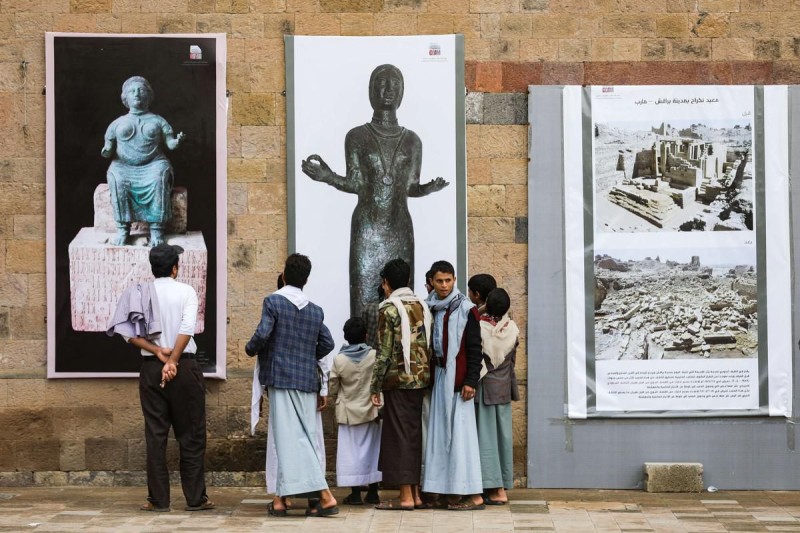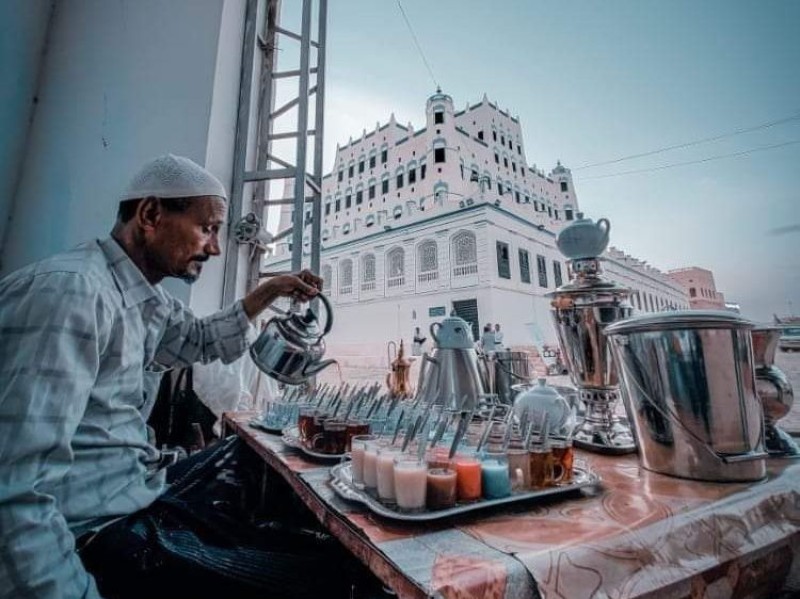Yemen go solar amid war energy shortage


When electricity was cut to Yemen’s capital four years ago after war broke out, Ebrahim al-Faqih saw a gap in the market and started selling solar panels, reports Reuters.
Faqih is part of a booming solar sector transforming lives and energy sustainability in Yemen, a poor country with scant rural power access even before conflict knocked out most of the national grid.
“Even people who used to work selling food moved to work in solar energy because of the high demand,” Faqih said from his shop in Sanaa selling solar water heaters and panels imported from India and China.
The United Nations estimates that only 10% of the population had access to electricity after the conflict began.
Many areas need pumps to bring drinking and irrigation water to the surface and fuel shortages have also made water hard to come by.
“Electricity these days isn’t just for lighting – electricity is life,” said Muhammad Yahya, whose home in Sanaa is powered by rooftop solar panels.
He sees solar energy as a stop-gap measure for those who can get it and hopes everyone will have mains electricity when the war ends.
Sanaa is controlled by the Houthi movement, which ousted internationally-recognised President Abd-Rabbu Mansour Hadi from power in the capital in 2014. A Saudi-led coalition intervened in 2015 and has carried out thousands of airstrikes.
There is no state power supply to Sanaa and many other areas, and buying a diesel generator or hooking up to a neighbourhood generator is polluting and too expensive for many people.

Sana’a – The General Authority for Antiquities and Museums, operating under the control of the Houthi militia in the occupied capital S…

Hadramout — UNESCO has officially inscribed Al-Dan Hadrami, a traditional poetic and musical art form from Yemen’s Hadramawt region, on…

NewYourk  -- The renowned auction house Sotheby’s has revealed plans to present one of the rarest surviving Yemenite Torah scrolls in it…